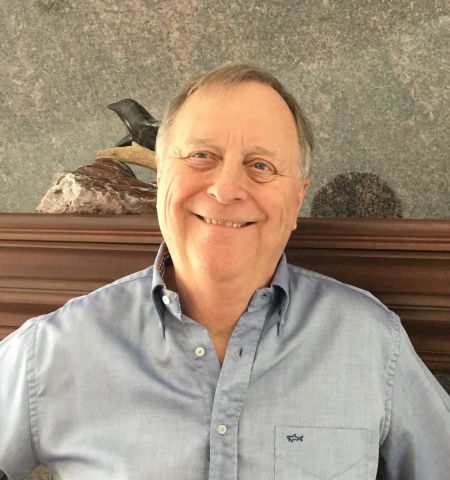 My journey began when my best friend was battling kidney cancer, which then spread to other parts of his body despite several operations. Unfortunately, he lost his battle on March 2, 2020, ten years after his initial diagnosis. I offered him one of my kidneys, but it was too late—his cancer was already stage 4. The only thing they could do for him at that point was to give him medication to ease the pain in his final days.
My journey began when my best friend was battling kidney cancer, which then spread to other parts of his body despite several operations. Unfortunately, he lost his battle on March 2, 2020, ten years after his initial diagnosis. I offered him one of my kidneys, but it was too late—his cancer was already stage 4. The only thing they could do for him at that point was to give him medication to ease the pain in his final days.
Although I couldn’t save my best friend with a kidney donation, why couldn’t I help someone else? After all, life has been good to me. So, I put my name on Transplant Québec’s donor lists. I didn’t know anyone who needed a kidney, but I knew that it wouldn’t be hard to find someone who did.
I started the process in January 2020 and was hoping to have surgery in the spring or summer of that year at the latest. But my predictions were way off as the process took longer than I expected. The COVID-19 health crisis was no help.
I had an opportunity to meet with Dr. Michel R. Pâquet, a nephrologist at the Centre hospitalier de l’Université de Montréal (CHUM), who gave me two options: I could either donate a kidney in Quebec to a recipient who would be selected by Transplant Québec, or register for the Canada-wide paired kidney donation program.
I decided to participate in the Canada-wide program because, due to COVID-19, the rules had changed. Before, I would have had to have surgery in the province where the transplant would take place, but since the pandemic began, it was decided that kidneys, and not donors, would do the travelling. I chose this option because I didn’t want to have surgery outside Quebec.
I had to undergo a whole array of medical exams and blood tests, not so much to see whether I’m compatible with my recipient, but rather to make sure I can make it to age 90 with just one kidney. If the tests reveal any doubt whatsoever, the operation won’t happen. As they say, there’s no point robbing Peter to pay Paul! As with any operation, there is always a risk, but I can tell you that they put me through a whole battery of tests and did everything to minimize this risk.
I was told that I would have less of an appetite after the operation, but that it’s perfectly normal and I shouldn’t force myself to eat. I didn’t, and as a result I lost 13 pounds (5.9 kg).
I would love to meet the person who received my kidney but unfortunately, privacy laws prohibit the release of donor or recipient information. What I can say is that I had the operation, it went well and the person who received my kidney was discharged from the hospital. I’m incredibly happy about that and I assume he or she is too!
“Having donated a kidney gives me a sense of accomplishment. It’s a really rewarding thing to do, and I encourage people to follow suit.”
I wasn’t the first person in my family to donate a kidney. In 2013, my sister, Hélène Héroux, gave one of her kidneys to her husband, Gaétan Frigon, and both are still doing very well.
So why give a kidney to someone I don’t know and probably never will? Why not?
Michel Héroux


